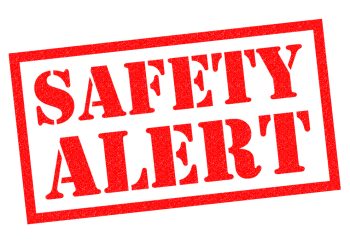More and more companies and organizations integrate sustainability and social responsibility into their management systems. It provides structure and systematics to their sustainability efforts. There are however no clear guidelines on how this can be done in the best way. Following an initiative from Sweden, the work now begins with an ISO International Workshop Agreement (IWA) with guidance on how an organization can include social responsibility in their management systems.
The IWA aims to:
- enable businesses and organizations to benefit from using ISO 26000 guidance on social responsibility in their existing management systems;
- promote ISO 26000 among management system standards users and promote the use of management systems to users of ISO 26000.
Being the largest ISO project to date, the development of ISO 26000 resulted in an important guidance standard that has been widely used. However, the potential number of users is considerably higher. As the standard was developed prior to the existence of the high level structure for management system standards, ISO 26000 does not provide simple guidance on how an organization can benefit from using it within its management systems.
ISO has been crucial in contributing to the widespread use of management systems through standards such as ISO 9001, ISO 14001, ISO 31000, and ISO 50001. There is a steady growth in number of organizations, of all types and sizes, that are using management systems. For example, each year around 1.6 million certificates are issued for ISO management system standards.
New ISO management system standards are developed to addres specific aspects of an organization’s activities, products or services. In this context, the high level structure makes it easier for organizations to integrate different aspects within their management systems. As a consequence, it is expected that the number of integrated management systems will increase. However, a large proportion of the organizations using an ISO management system standard may have little knowledge of ISO 26000 guidance on social responsibility. As they will already be well acquainted with the structure of a management system, linking ISO 26000 with the high level structure will provide these organizations with an introduction to ISO 26000 and to how social responsibility relates to their management system.
Many small and medium-sized organizations worldwide have benefited from implementing a management system. However, many of them see a challenge in addressing an area as complex as social responsibility. The guidance in the proposed International Workshop Agreement will support these SMEs in starting to address social responsibility.
Several ISO member bodies will participate with relevant experts from the seven defined stakeholder categories in the ISO Global Directory:
1. Industry and commerce;
2. Government;
3. Consumers;
4. Labor;
5. Academic and research bodies;
6. Standards application; and
7. Non-governmental organizations (NGO).
Liaison organisations that were part of developing ISO 26000 will also be invited, as will expertise on management system standards and experts on the use of such standards in small and medium-sized organizations.
Source: SIS

































































